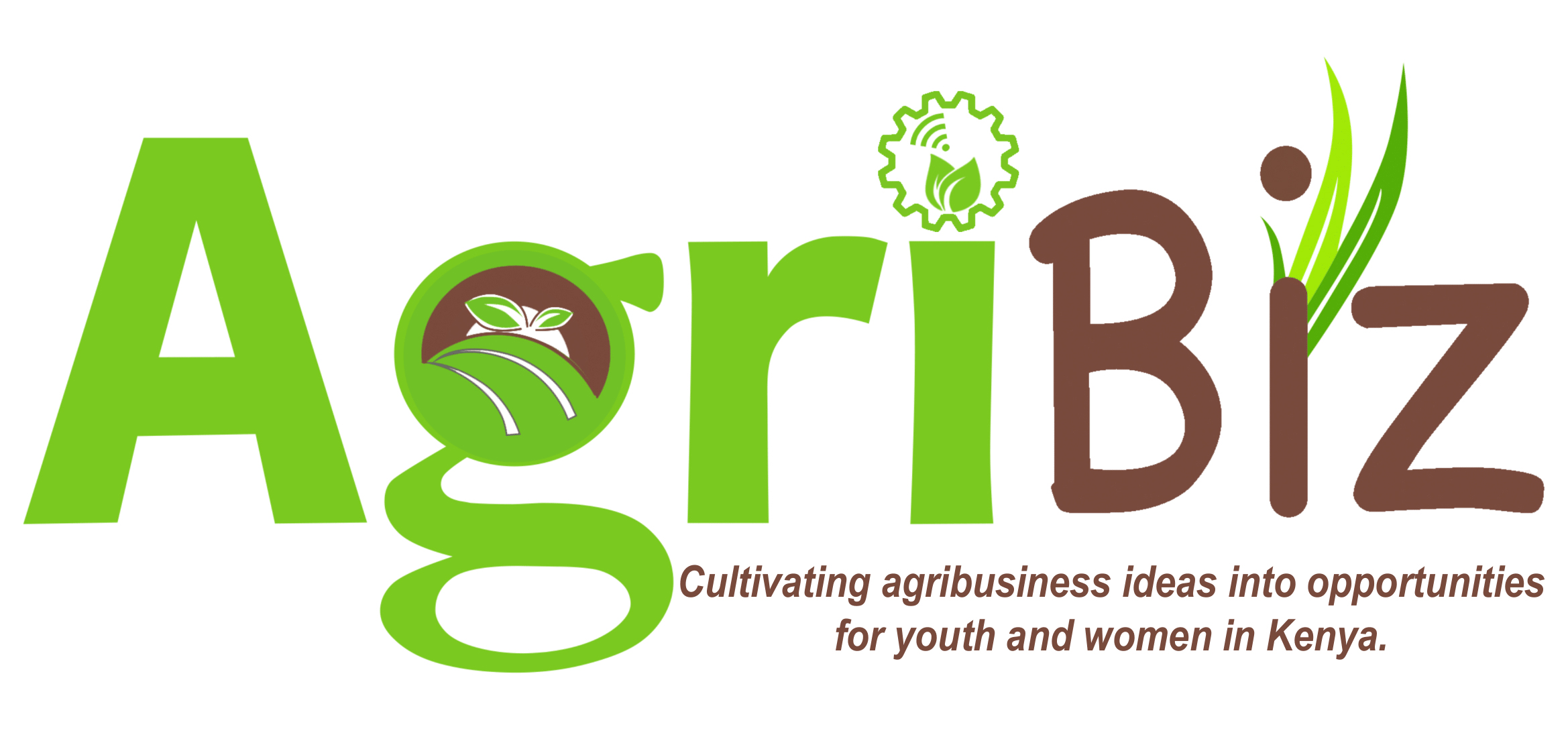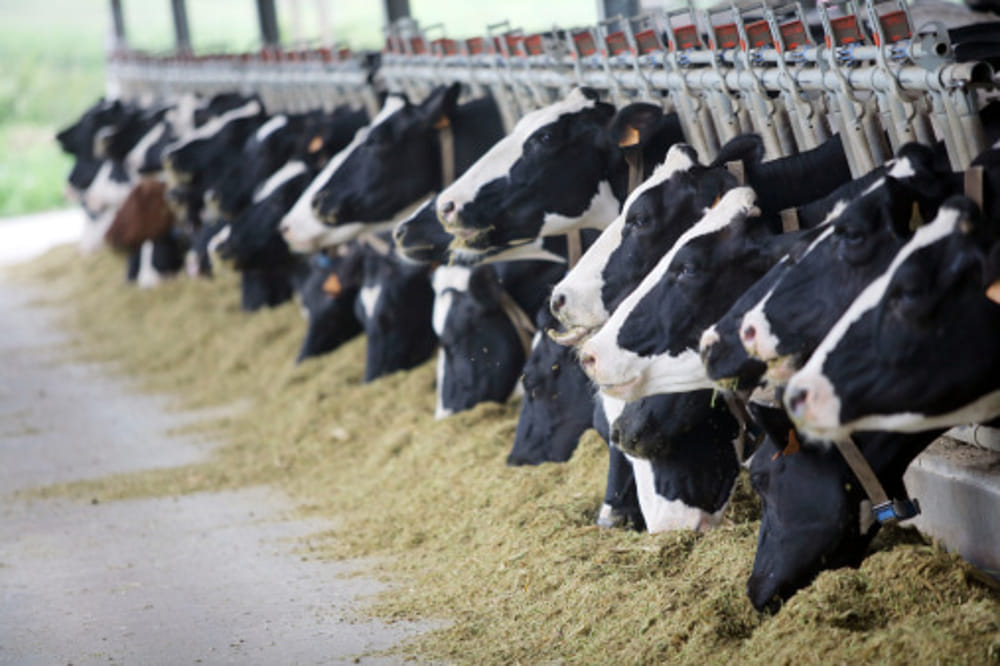Dairy farming plays an important role globally. In Kenya alone, the dairy industry accounts for 14 % of the total Agricultural revenue collected nationally. Additionally, the dairy industry in Kenya accounts for around 5-8 % of the total GDP. This indicates the potential that dairy farming has in Kenya in terms of improving livelihoods if well managed.
With the hope of boosting the dairy sector in Nyambene constituency, Nyambene Arimi dairy under the Nyambene Arimi Sacco has over 4000 farmers who produce 4000 litres milk per day and supply them to schools, hospitals, and hotels within five constituencies in the region.
“Our reason for forming the cooperation was because we saw that this was a good area for agriculture especially dairy farming. We also thought that it would be a great idea to help us boost the economy of this region,” said Kobia Mwito, a member of Nyambene Arimi Sacco.
Most adult males in Nyambene region have been affected by miraa addiction making it hard for them to take part in various forms of farming, this has forced the women and youth to take charge of dairy farming within the region.
“Given the effect that miraa has had on the male adults, the Sacco is keen on creating more employment opportunities for the youth and women who have proven more capable,” he adds.
The corporation is managed by a committee from each constituency, which gets to deliberate on new innovative ideas and make decisions based on the contribution of the Sacco members.
Despite the large number of farmers and livestock, the production has proven to be a major challenge for the Cooperation. However, through their membership under the Agribiz Program which is sponsored by the European Union(EU) and Danida, they hope to increase their production.
“Under the Agribiz program, we hope to improve on the dairy production within the area. We are 4000 members producing 4000litres of milk per day. That translates to 1litre per farmer and that is low production per cow. Through this partnership we are looking to increase the production to 5-10litres of milk per cow,” he said.
The Sacco also hopes to receive funds which they can use to train their farmers on animal husbandry which is an important aspect when it comes to dairy production. They are also looking forward to receiving training on management and decision making skills and also a workshop where they can produce their own quality animal feeds for their livestock.
“Through this collaboration, we are also looking forward to expanding our market areas to different regions too in the country,” he said.





